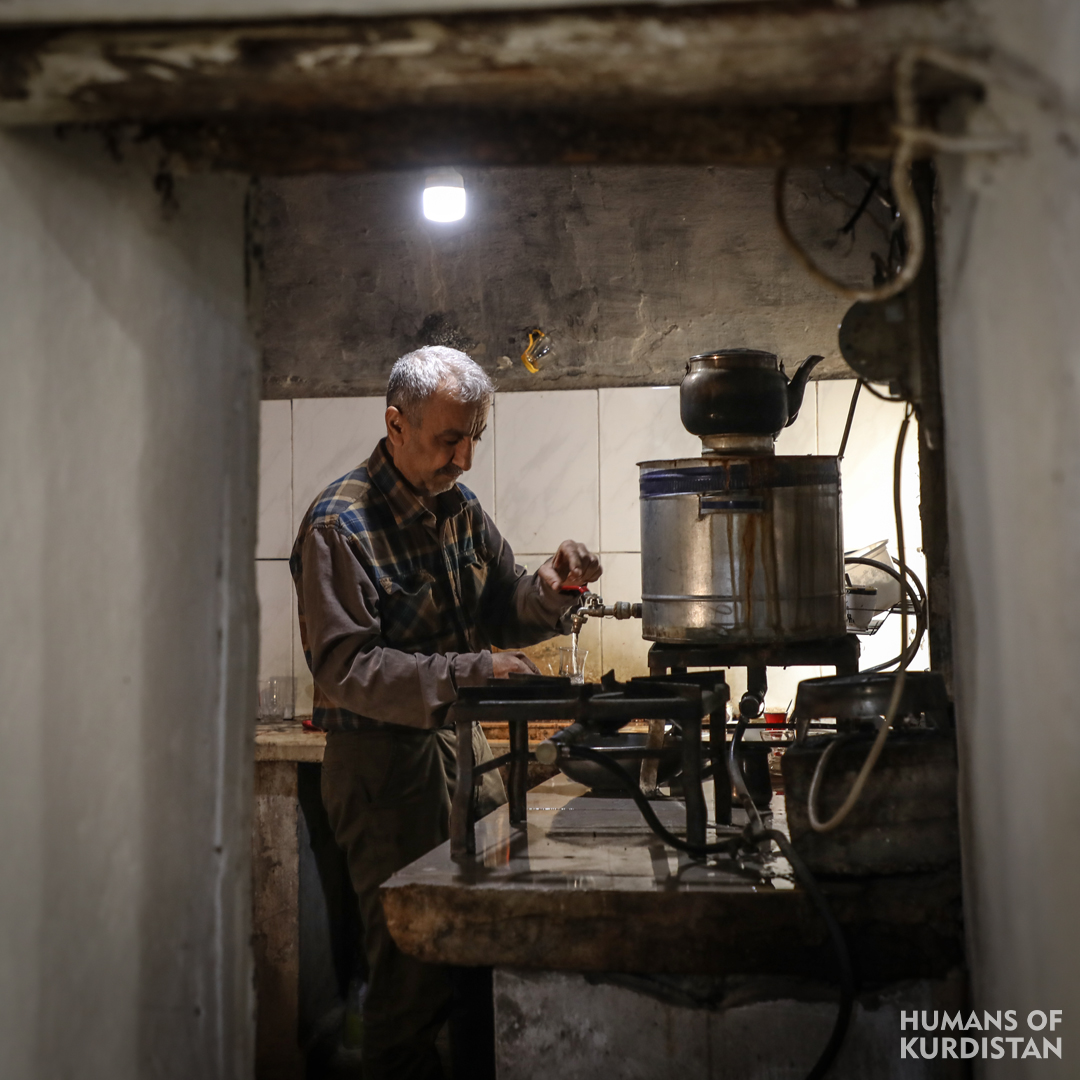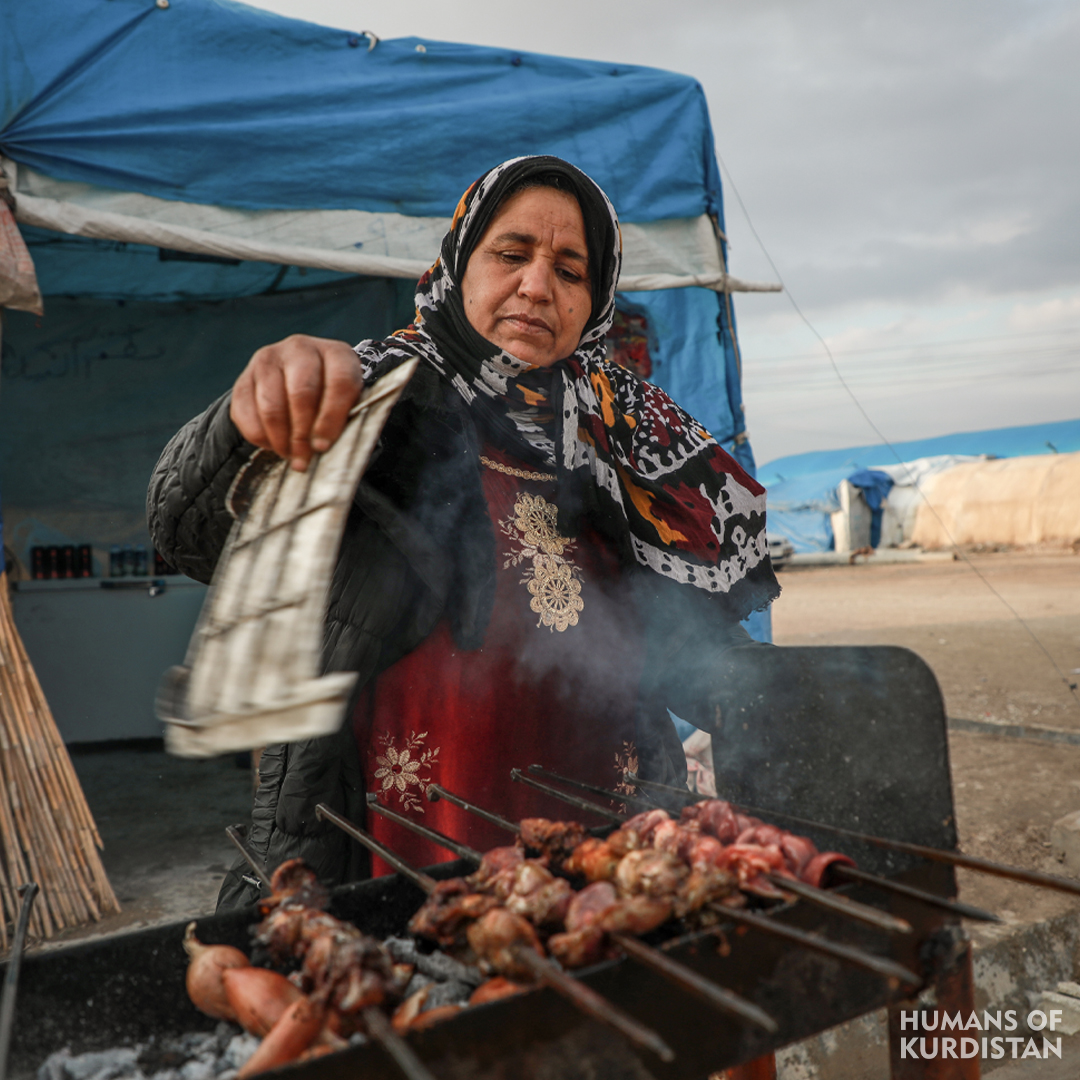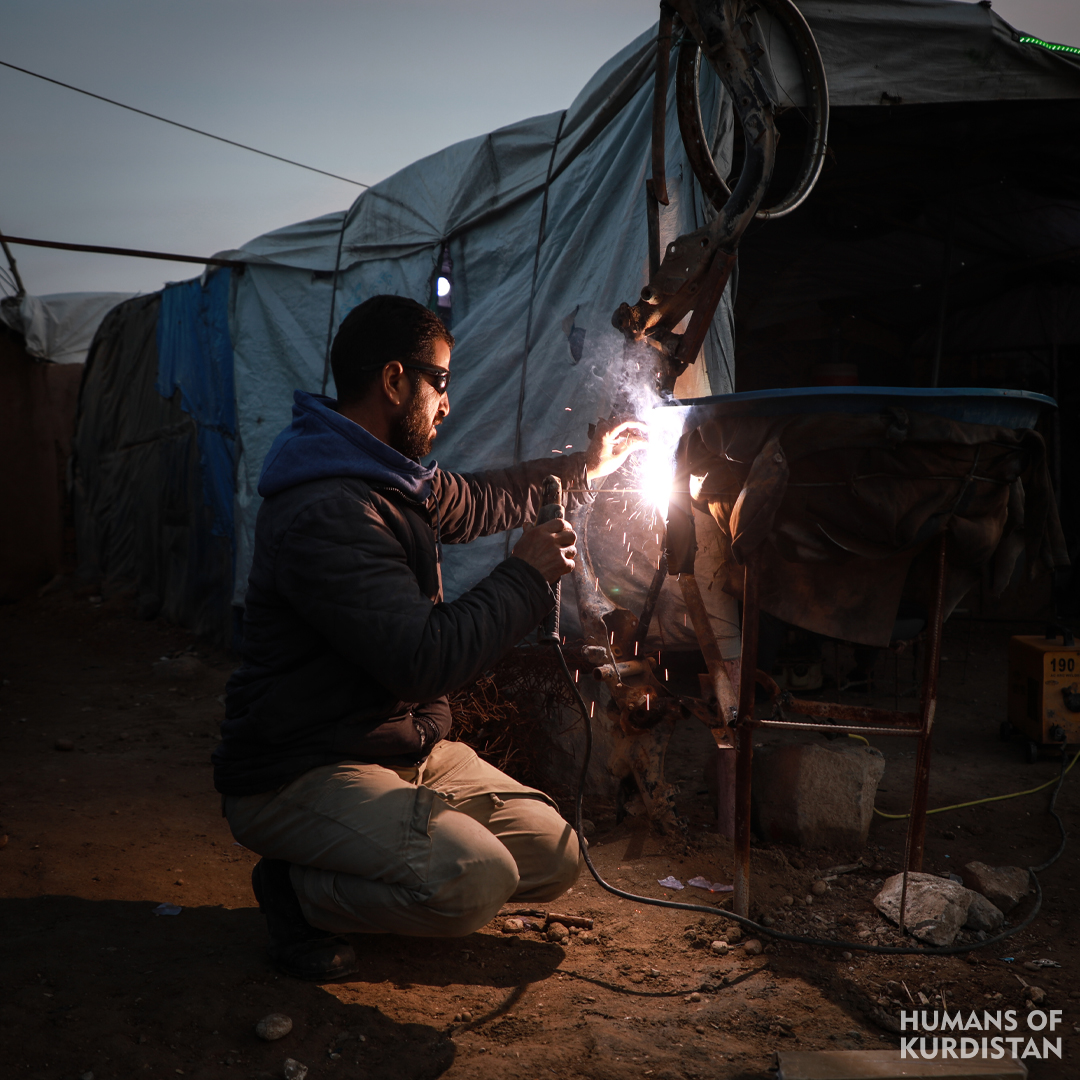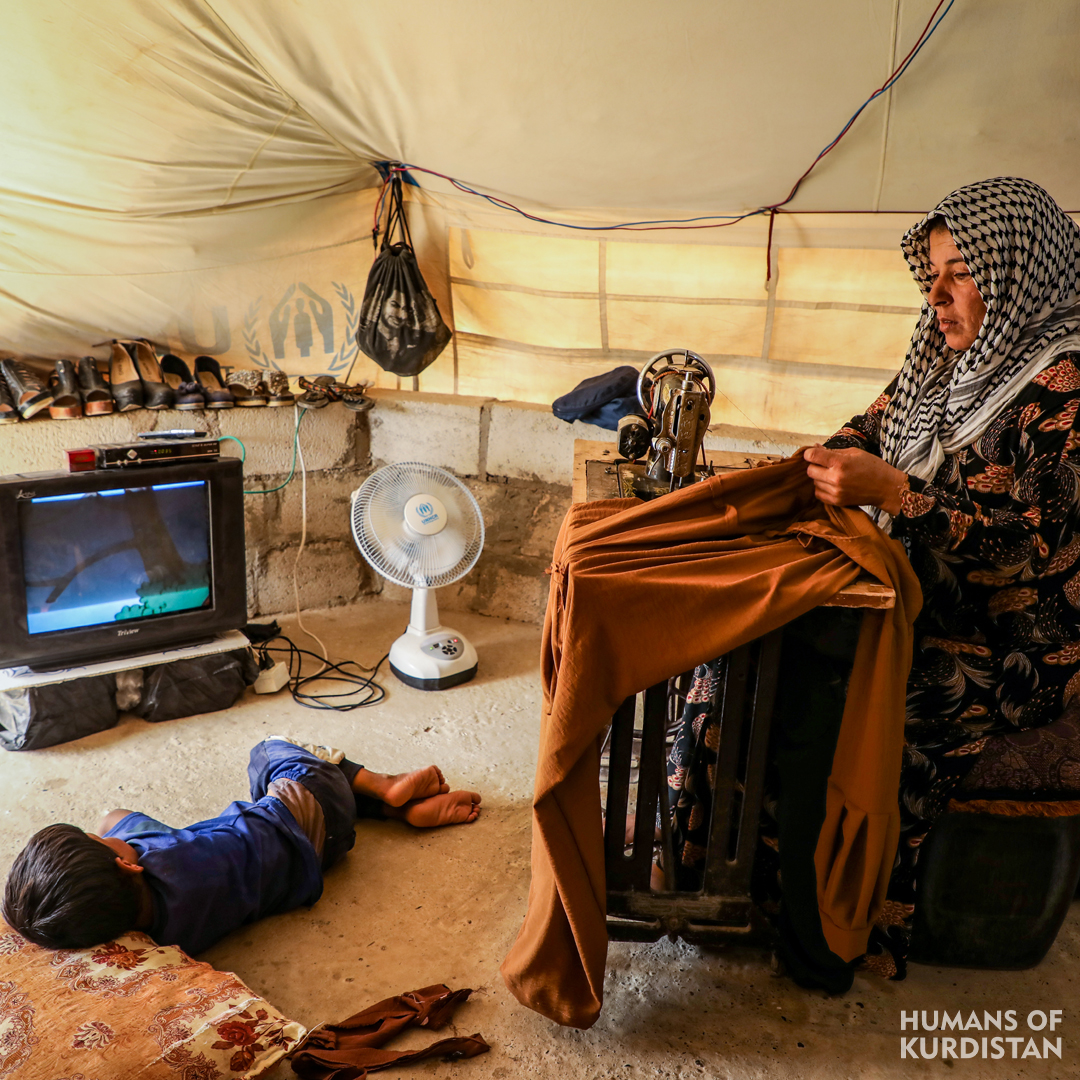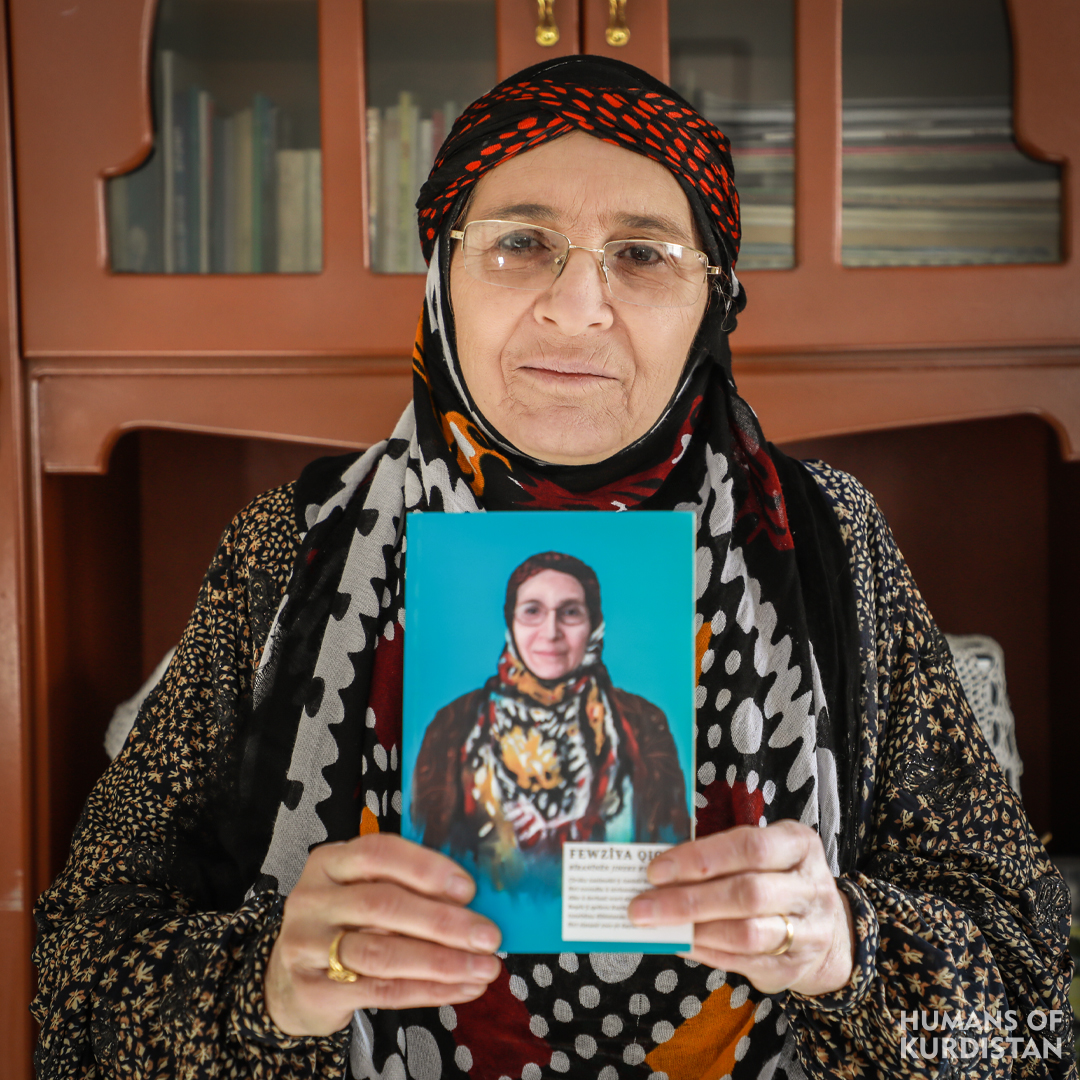04/06/2025
Story of a Kurd from Western Kurdistan When ISIS attacked Kobani in 2014, all the shops, including ours, were destroyed and reduced to rubble. We had no choice but to flee and seek refuge in neighboring cities and countries. That's how I ended up settling in Sulaimani. My name is Adel Hanifi, and I'm 43 years old. I own a confectionery shop called "Dindar." I established this shop in Kobani in 2003, and since then, I have been continuously operating and serving the most delicious sweets. After Kobani was liberated, I returned from Sulaimani, which is located in southern Kurdistan, to my homeland. Initially, working wasn't easy because all the borders were closed, so we had to obtain the necessary ingredients for making any kind of sweets through difficult routes. Despite all the suffering and hardship we endured in the following years due to the war, I still didn't give up and reopened my shop. Although it was a great challenge, our desire to restore life was far greater than that. Today, after tremendous effort and perseverance, I'm proud to say that my shop has returned to its former state, and I'm selling sweets again. That's why I say: this is a story of resilience, or rather, a sweet story that has triumphed over the bitterness of war. ...









